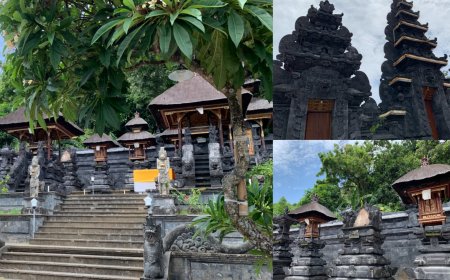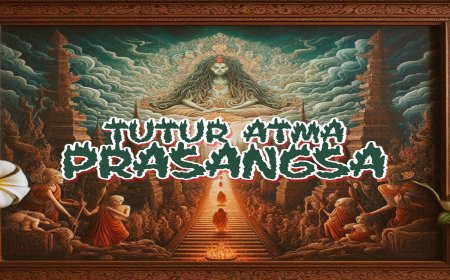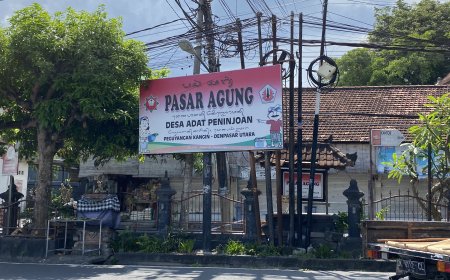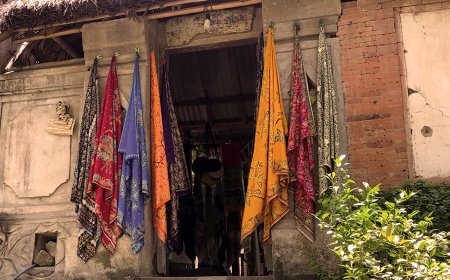Ngelawang Desa Mundeh: A Sacred Heritage of Warding Off Misfortune as a Cultural Identity of Tabanan
Ngelawang is a sacred Balinese ritual performed annually in Mundeh Village during Tilem Sasih Kenem to ward off misfortune and maintain spiritual balance. This ancestral tradition involves the entire community in a village-wide procession carrying barong or rangda shrines, accompanied by offerings and gamelan music. The community firmly rejects commercializing Ngelawang as tourist entertainment, maintaining its essence as spiritual purification rather than performance art, thus preserving its sanctity and profound cultural meaning for future generations.
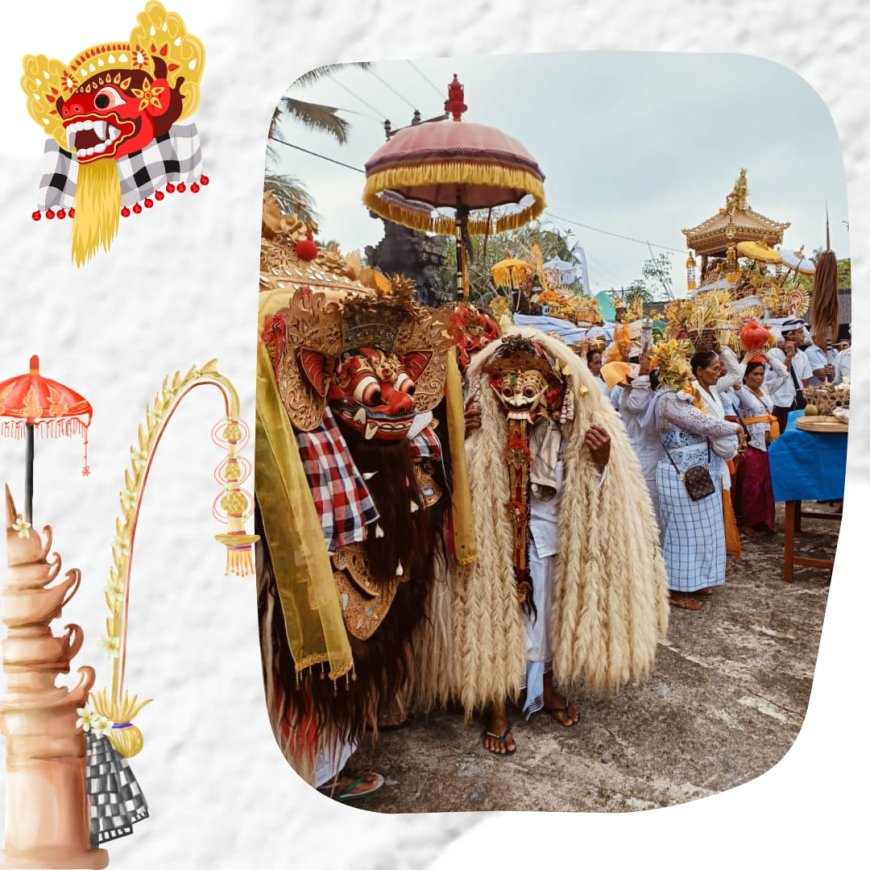
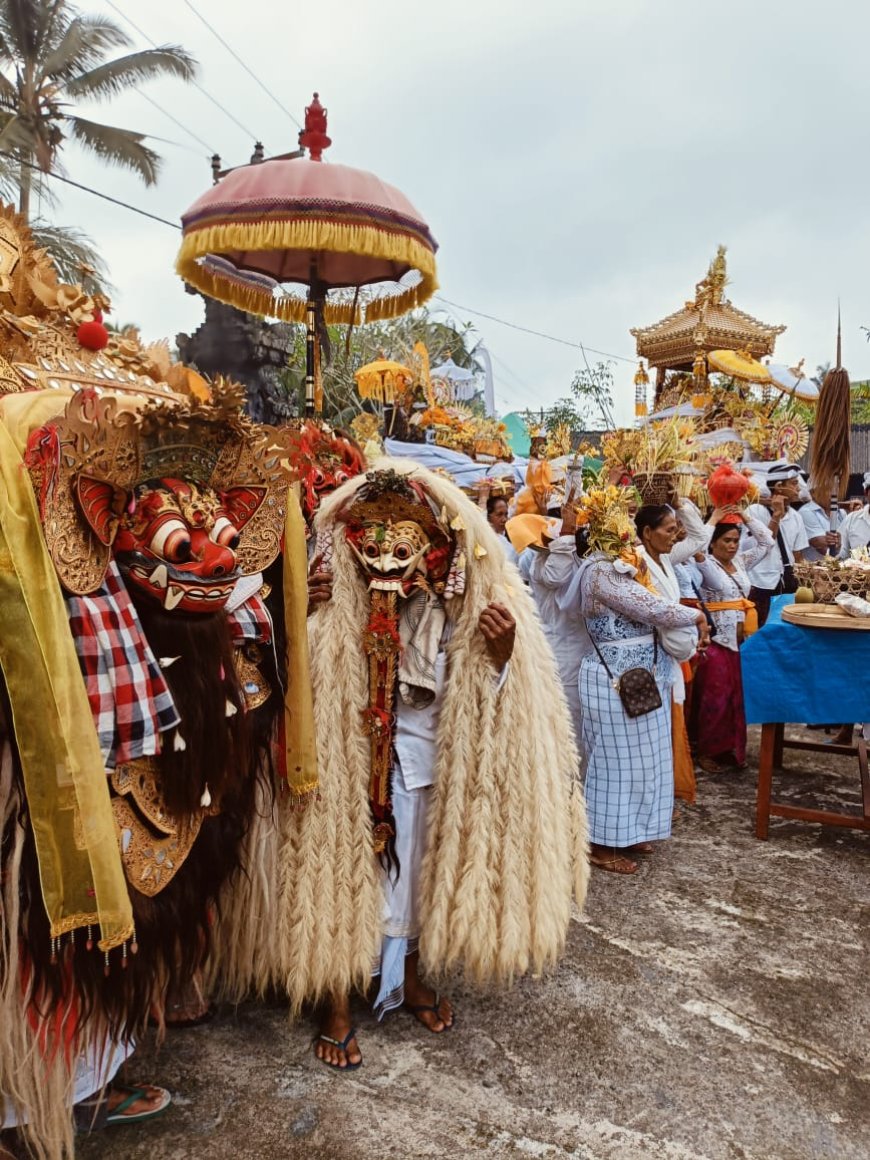
The Ngelawang Procession as a Ritual to Ward Off Misfortune (Source: Personal Collection)
Bali is renowned as an island with a rich culture, deeply rooted in spiritual traditions. One surviving tradition is Ngelawang, a sacred ritual to ward off misfortune and maintain the balance between humans, nature, and the unseen world. This tradition is a cultural identity inherited from ancestors and is still practiced by the community throughout Mundeh Village. This article aims to explain the Ngelawang tradition: what it is, who is involved, where and when it is performed, why it is important, and how the procession is conducted.
The Ngelawang tradition is a sacred ritual for warding off calamity. The Balinese perform it to ask for safety from bhuta kala or negative energies believed to disrupt life's balance. The core of this tradition is the spiritual purification of the village, not entertainment or art. The execution involves the entire village community, from children and youth to the elderly. The procession carries a petapakan (shrine) of barong or rangda as a village protector, accompanied by the baleganjur gamelan. For ritual purity, women who are menstruating are not allowed to participate.
This tradition is carried out throughout Mundeh Village, with a route circling from north to south. Offerings are made at temples, homes, and strategic points like spiritually significant road intersections. Ngelawang is performed once a year on Tilem Sasih Kenem. The community believes bhuta kala roam the village this month, necessitating a balancing ritual. The procession starts with prayers at the temple and homes, followed by a pecaruan ceremony with offerings at crossroads. The group then parades the barong or rangda around the village with baleganjur music. Every household provides offerings as participation. There are no dances or entertainment, as the essence is spiritual cleansing and purification.
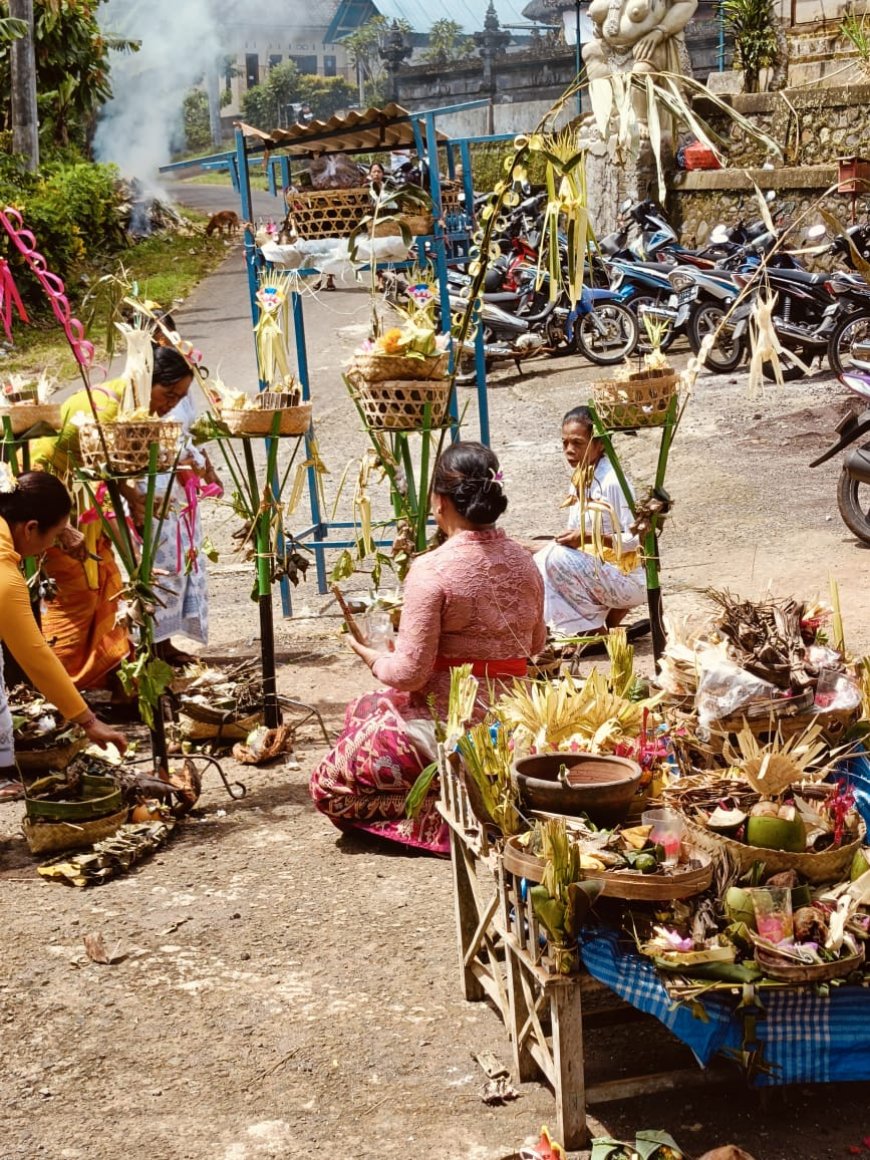
Preparing the ceremonial offerings (banten) for the Ngelawang procession (Source: Personal Collection)
The community firmly rejects turning Ngelawang into a tourist spectacle. They insist Ngelawang must remain a religious ceremony, not an entertainment commodity. This reflects their commitment to preserving the tradition's sanctity and spiritual meaning.
Ngelawang is a form of local wisdom with profound spiritual meaning. By involving the entire community, it strengthens social bonds and instills cultural love in the youth. Its annual performance on Tilem Sasih Kenem is a crucial moment to maintain balance with nature and ancestral spirits. The community is committed to maintaining the tradition's purity against becoming a mere tourist performance. Thus, Ngelawang remains a living, relevant, and meaningful cultural heritage for the Balinese people.
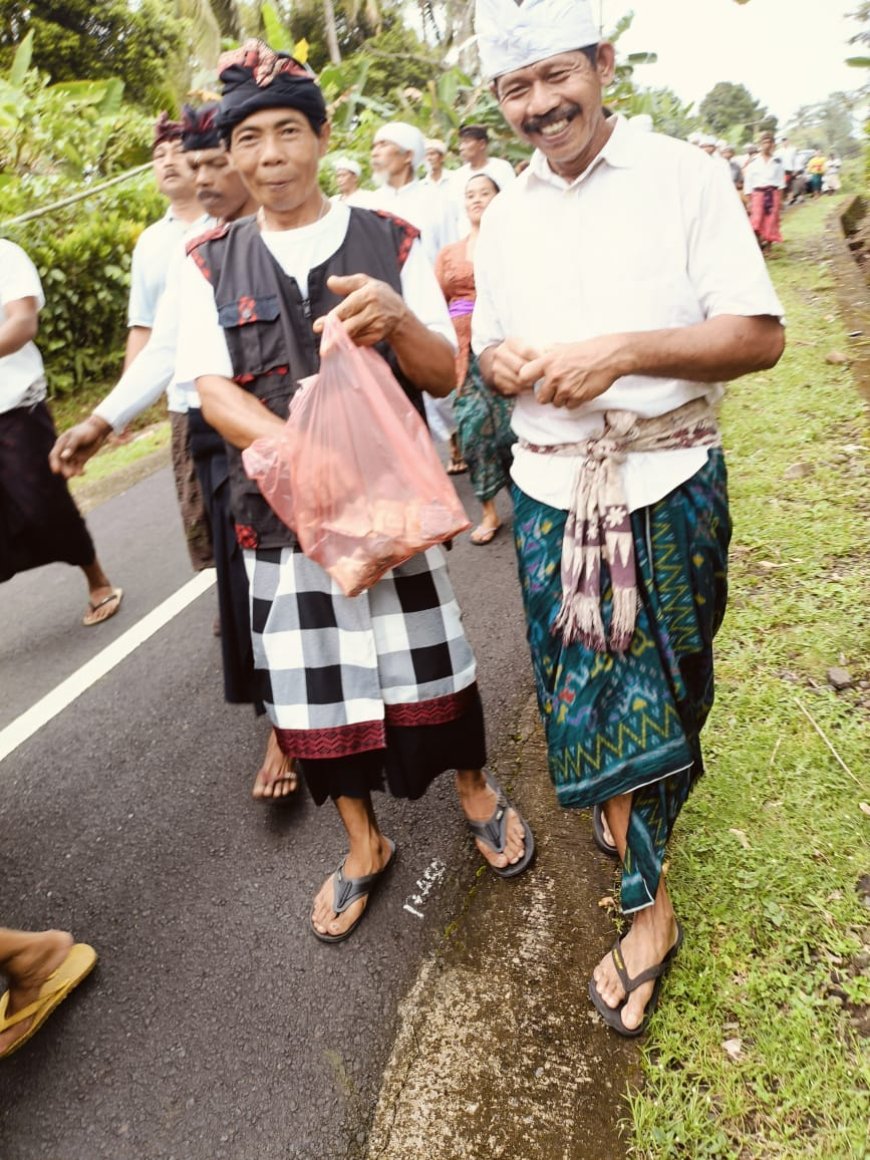
The familiar atmosphere of the community witnessing the Ngelawang tradition in Mundeh Village (Source: Personal Collection)




